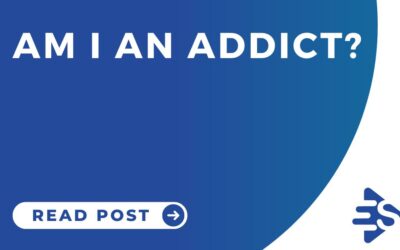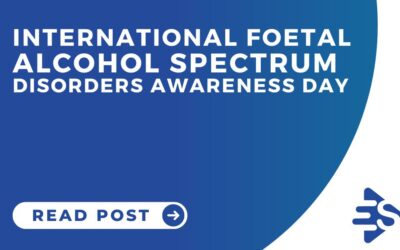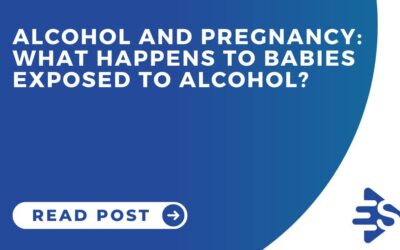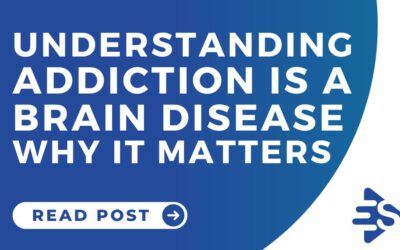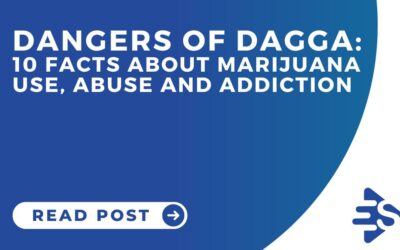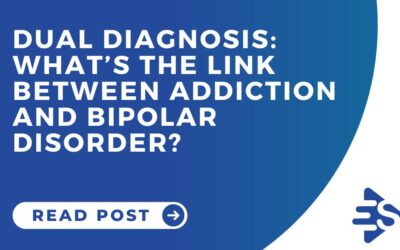Changes Addiction and Treatment Blog
Our addiction and treatment blog is here to help you navigate the space between addiction and recovery3 C’s to Addiction Recovery for Empowered Families
Addiction is a family disease, everyone plays a role and is affected by the addiction, whether you’re a parent, child, spouse, sibling or even a close friend. Families often go through overwhelming emotions related to their loved one’s addiction including guilt,...
Does My Loved One Have a Drinking Problem? 10 Tell-Tale Signs
Despite many signs indicating an alcohol addiction in a friend or relative, many families wait until the consequences are extremely severe before they take action. If you are asking the question Does my loved one have a drinking problem, there are probably already...
4 Reasons Why an Addiction Intervention Should Be Run by a Professional
An addiction intervention is a tightrope walk and getting the correct balance is essential which is why it should be run by an experienced professional, preferably a qualified interventionist. Informal addiction interventions can do more harm than good and damage...
Am I an Addict? Common Signs and Symptoms of Addiction
Am I an addict or an alcoholic? If you are asking yourself this question it means that you are concerned about your drug or alcohol use. It is important to pay attention to these concerns and to find an answer to this question so that you can get help sooner rather...
International Foetal Alcohol Spectrum Disorders Awareness Day 9 September 2022
The world commemorates International Foetal Alcohol Spectrum Disorders (FASD) Awareness Day on Friday 9 September 2022, at 09:09 – 9th day of the 9th month at 9 minutes past 9. SA Has the Highest Rate of Foetal Alcohol Spectrum Disorders Nowhere in the world in the...
What happens to babies exposed to alcohol?
Using alcohol during pregnancy can have serious, and even fatal, consequences for babies, which begs the question, what happens to babies exposed to alcohol? It may be very difficult for pregnant women who are addicted to alcohol to read this post but it is intended...
Understanding That Addiction Is a Brain Disease and Why It Matters
Addiction was first described as a brain disease by scientist Alan Leshner in 1997. Twenty-five years later, scientific research and discovery show that the theory is still true and relevant today. Understanding that addiction is a brain disease helps individuals...
Top 3 Reasons to Attend Addiction Family Support Groups
Loved ones of addicts and alcoholics must regularly attend addiction family support groups. It is not only the addict or alcoholic who benefits from attending support groups. To understand the disease of addiction and to learn what constitutes enabling, close friends...
Dangers of dagga: 10 interesting facts about marijuana use, abuse and addiction: Video
Marijuana can affect your sex life and the brains of teens and is addictive to one in 10 people who use it. Read on to understand why smoking weed may impact us in these ways, as well as for an in-depth look at seven other interesting facts about cannabis you might...
5 Do’s and Don’ts of a Successful Intervention
Stepping in to help a loved one with a problem as serious as addiction can be daunting and downright terrifying, which is why it's absolutely essential to understand the do’s and don’ts of a successful intervention. If things at home or work have become desperate and...
Dual diagnosis: What’s the link between addiction and bipolar disorder?
People with bipolar are more likely to become addicts or alcoholics and problematic substance abuse has been linked to the development of this mental illness.
Women’s Day: 5 Inspiring Famous Women in Recovery
If you are looking for women in recovery role-models to inspire you on your sobriety journey, you are in the right place. Many celebrities have had very public battles with substance abuse and alcohol or drug addiction. While tragic and fatal stories often take centre...



